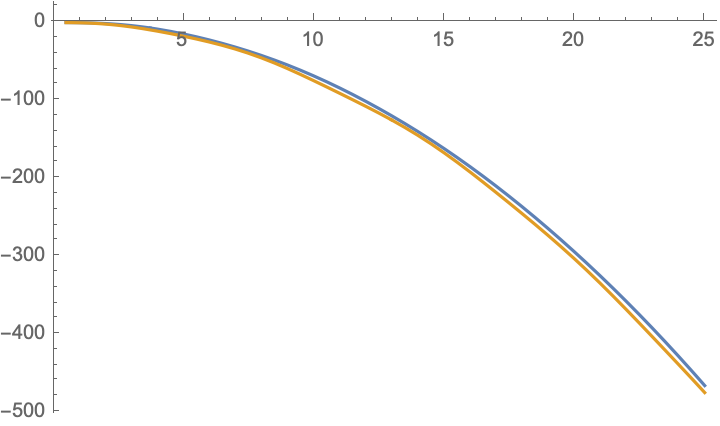There are many identities known like
$$\sum_{k=0}^{n-1} \sin (k \cdot \theta + \varphi) = \frac{\sin\left(n \cdot \frac{\theta}{2}\right)}{\sin\left(\frac{\theta}{2}\right)} \cdot \sin \left(\frac{2 \varphi + (n-1)\cdot \theta}{2} \right)$$
However, in such situations the angles add up and are equidistant. Instead, I pose myself the question whether there is a simplifying formula for $$\sum_{k=1}^{n} k \cdot \sin \left(\frac{x}{k} \right),$$ particularly, if $x$ is much larger than $n$.

